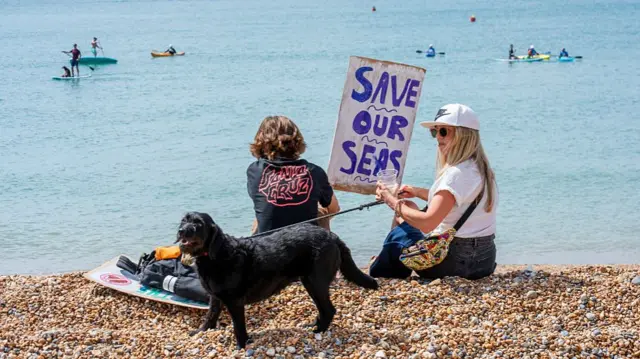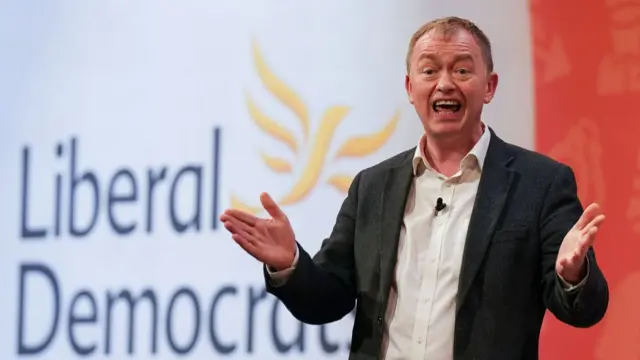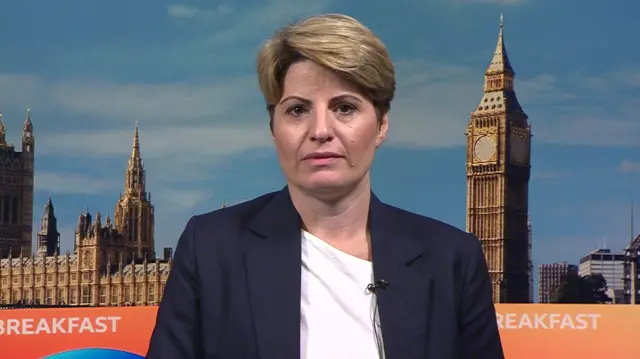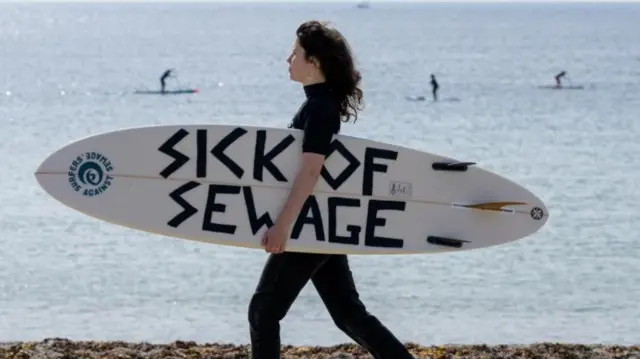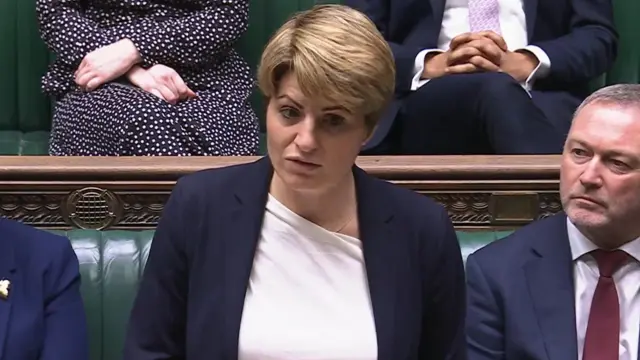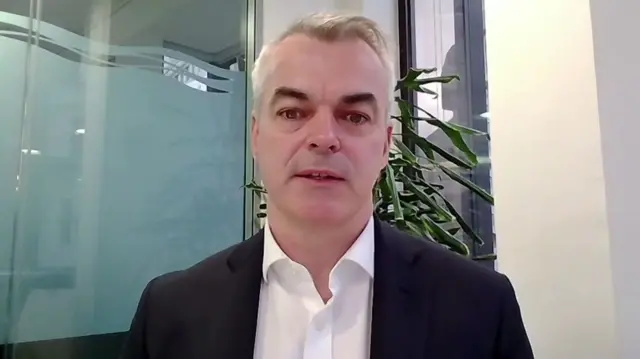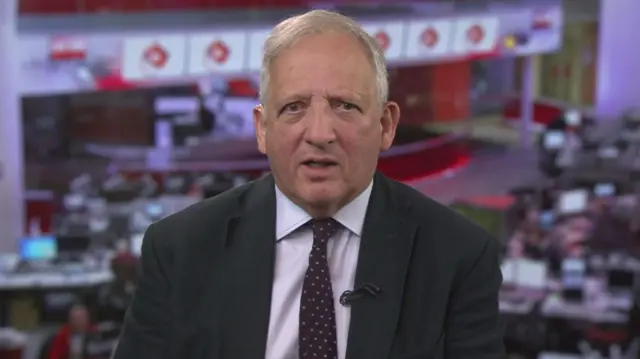This is our Great Stink moment, report author sayspublished at 10:00 BST 21 July

Sir Jon Cunliffe is speaking now and begins by offering some historical context on how the water system has evolved over time - including grappling with the Great Stink of 1858, which led to efforts to clean up sewage pumped into the River Thames.
Cunliffe defends the length of his 465-page report, and says it is necessary to grapple with what he calls our Great Stink moment.
He says some water companies have acted in the private interest, rather than the public interest and warns that "no one single reform" of the 88 he has put forward will fix the system alone, no matter how radical.

